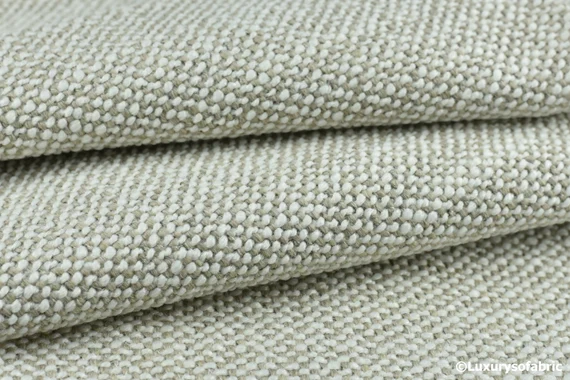India is preparing to unveil a groundbreaking 80:20 wool-milkweed fibre blend, which promises twice the warmth of wool, enhanced softness, and a lighter feel compared to traditional wool fabrics. Developed by the Northern India Textile Research Association in collaboration with industry partners, this innovative blend has demonstrated industrial viability, exceeding the thermal insulation, weight reduction, and softness of 100% wool.
This new fibre blend can withstand temperatures as low as minus 50 degrees Celsius and is already generating export interest. Plans to showcase the blend at the Bharat Tex event, scheduled from February 14 to 17 in Delhi, highlight the potential impact of this innovation on the global textile industry. Ludhiana-based Ganga Acrowools is involved in integrating this blend into production.
The milkweed component of the blend is highly versatile, extending its applications to apparel, home textiles, hygiene products, and potentially replacing conventional fibres in various industries. Despite India’s vast sheep population of over 7.4 crore, it produces only 3.69 crore kg of carpet-grade wool annually and remains heavily dependent on imports of fine-grade wool, like Merino, for apparel production. India spent approximately Rs 1,800 crore in FY 2023-24 on wool imports.
The introduction of milkweed as part of the blend is seen as a sustainable alternative. Milkweed is a perennial crop that requires minimal inputs and can yield for up to 10 years, with production increasing annually. Farmers cultivating milkweed can earn between Rs 1.5-2 lakh per acre, which represents a significant boost compared to traditional crops like cotton. The fibre, derived from silky, hollow filaments inside milkweed seed pods, offers superior thermal insulation, nearly double that of 100% polyester nonwoven fabric. This innovation positions India to reduce its wool import dependency and offer an eco-friendly, high-performance alternative for textiles.
